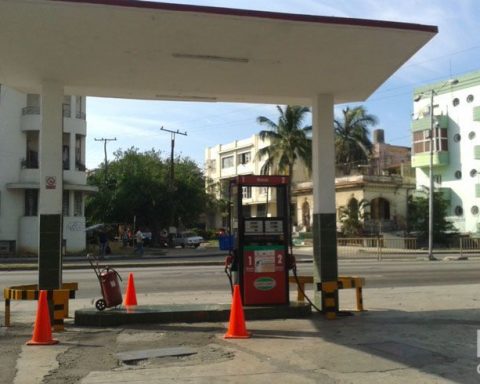Today Sunday, December 18, and as for 22 years, International Migrants Day is commemorated, by decision of the United Nations General Assembly, an organization that already in 1990 had created the International Convention on the protection of the rights of all migrants. migrant workers and their families.
According to United Nations data, by 2022 there are close to 300 million migrants in the world and by the end of 2021 more than 59 million people were displaced from their places of origin. In addition to armed conflicts, civil wars, physical insecurity and political and economic crisis, in recent years numerous migrants have been displaced due to the serious consequences of climate change.
In this context, women, children, adolescent girls, the elderly and people with disabilities are the most affected by the impact of migration and forced displacement. In addition, to this are added the intersectional factors of migrants such as gender identity, sexual orientation, religion, ethnic origin/race, social class, migrant status, among others. The COVID19 pandemic also revealed the structural discrimination to which migrants are exposed and the need to promote a migration policy with a human rights approach.
In this sense, from international organizations such as the Institute of Public Policies on Human Rights of Mercosur (IPPDH), they have been emphatic in stating that at a global and regional level, sustainable development requires the contribution of migrants and displaced persons. In his opinion, migrants provide significant capabilities as a workforce and promote cultural diversity in all countries of the world. However, the contribution of migrants will also be possible and with a great positive impact to the extent that States develop favorable public policies for their inclusion.
In this regard, and representing the voice of civil society organizations in our country, the spokesman for the Migrant Action Movement, Eduardo Cardoza, said that “Chile receives this day with the right-wing sectors promoting more restrictive measures in Parliament than the existing ones, and insisting on the failed policies of his four years in government, which caused so much damage to the country and to migration”.
In addition, Cardoza provided the data that there are currently about 500,000 pending procedures, in addition to 127,000 people in an irregular situation. For the spokesperson for Acción Migrante, this is the responsibility of “a virtual system that, due to its inefficiency, has become a barrier against all regularity, countless legal proceedings pending due to non-compliance on time, and countless other dysfunctions.”
Faced with the risks of the criminalization of migration, and the viability of a xenophobic environment that directly affects migrants and their human dignity, reflects Fernando Campos, an academic from the Faculty of Law of the University of Chile. “Racist discourses and, also, those that increase the obstacles to integration or competition between nationals and foreigners have increased. This situation is alarming because it creates a space for hate speech and violent practices associated with this narrative,” warned the academic.
In this way, academics and representatives of civil society agree that this December 18 is still far from being a date of celebration, but rather, it should be a critical commemoration that invites reflection, both by citizens and of a political class that is still prey to hate speech and a facile logic that prevents progress in this matter, one of the main concerns of governments today in much of the world.


















